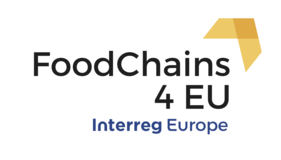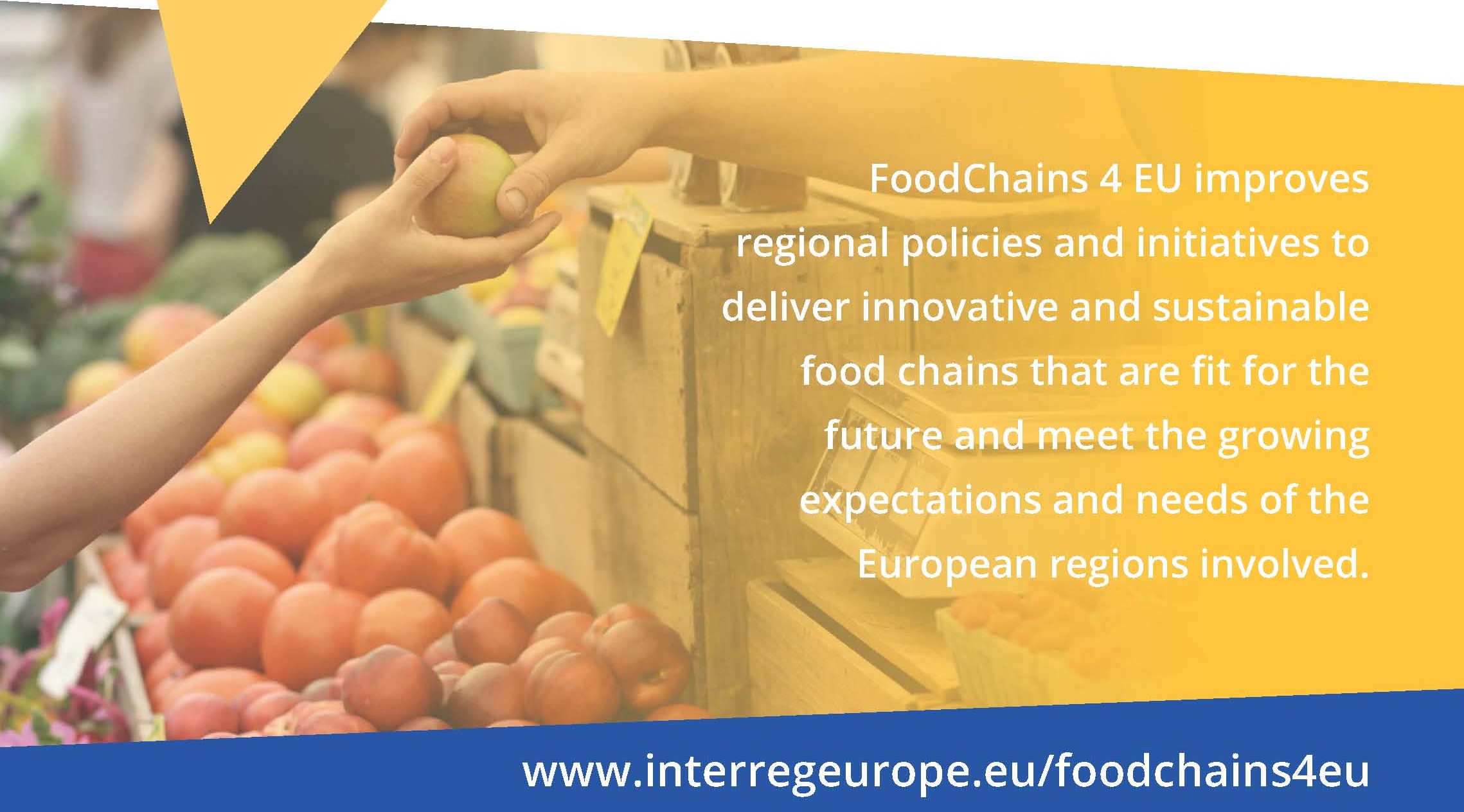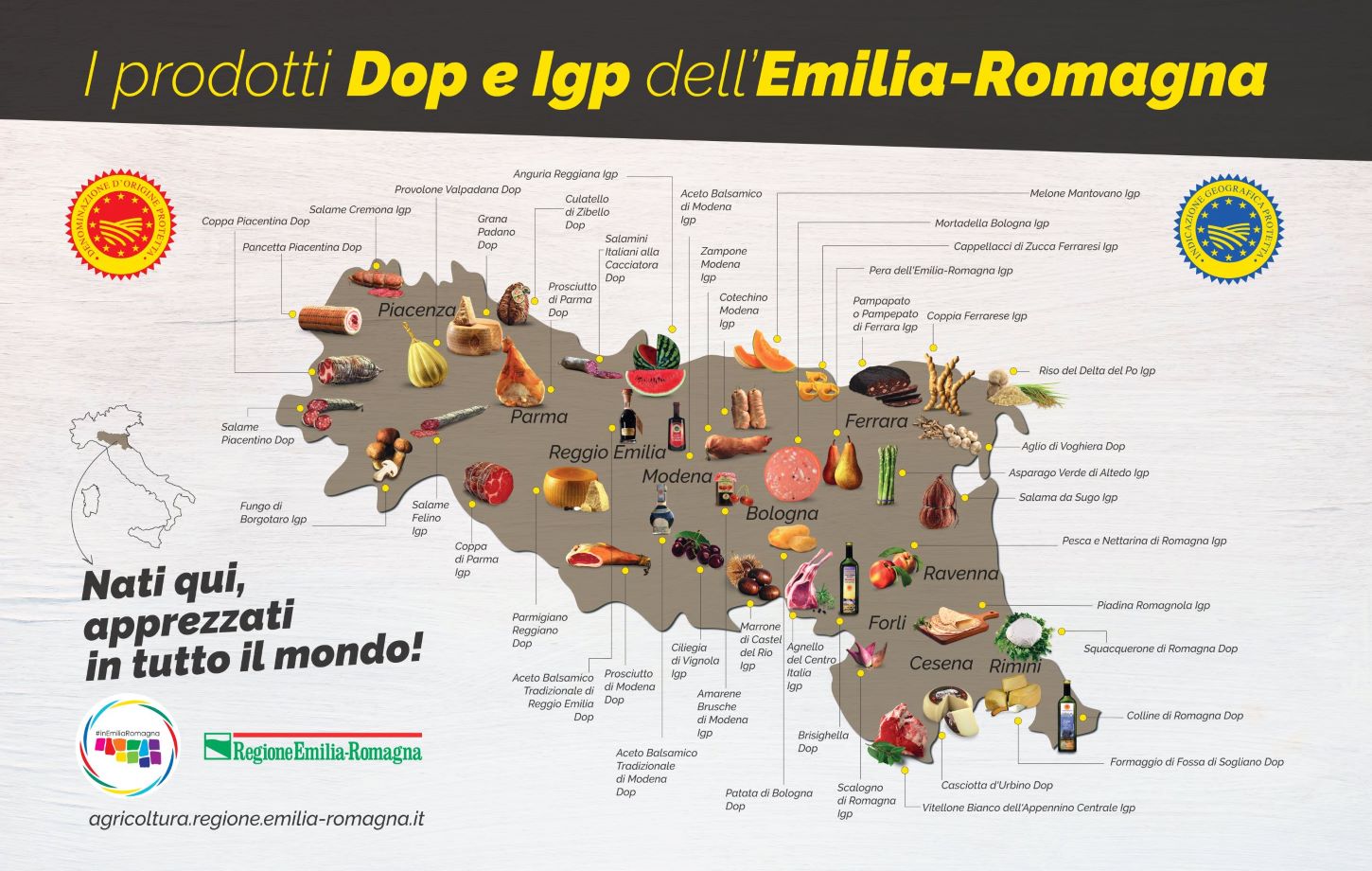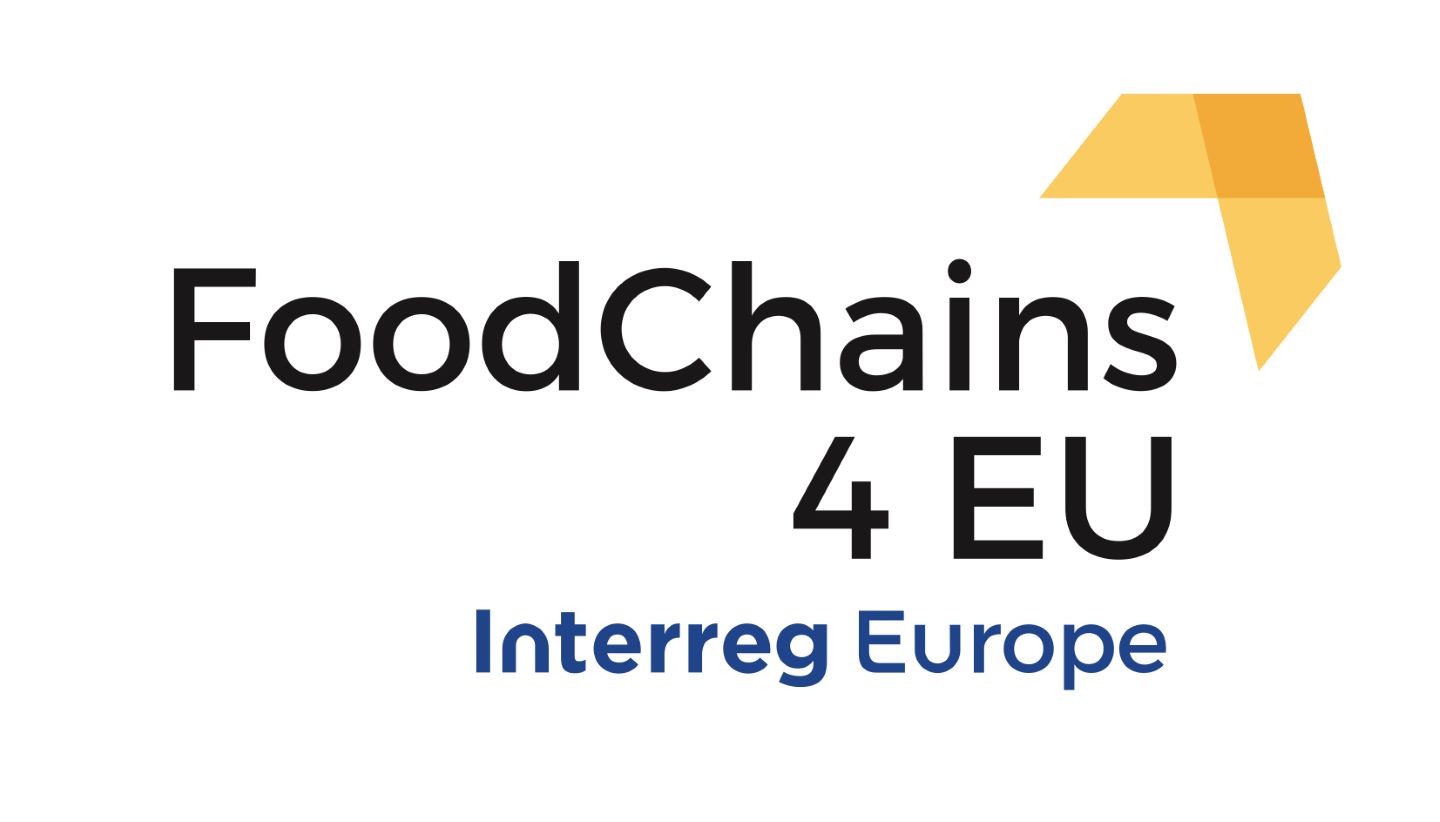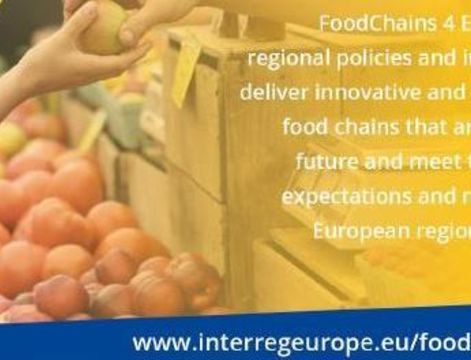The FoodChains 4 EU project is now 8 months away to the end of phase 1, after the evaluation of the local food chains in the project regions, during five Peer Reviews held in Greater Manchester (UK), Varna (BG), Flevoland (NL), Maramures (RO) and Emilia-Romagna (IT).
This semester, based on the interregional exchange of experiences, the peer review recommendations, the knowledge gained during the policy learning workshops and stakeholder activities, each partner has started to develop an action plan that will enable regional businesses to deliver sustainable innovations in the food chain.
The regional Action Plan (RAP) is a document providing details on how the lessons learnt from the cooperation of the five project regions will be implemented in order to improve the policy instrument that is addressed within each region.
A good start in development of the regional action plan is to look back at the application form and check the policy instrument and the indicators defined per region. A very important step is to assure the involvement of the Managing Authority (MA) in the RAP development. Each partner should decide which type of regional action plan to select.
There are three types of RAPs:
- Type 1: It implies that the policy instrument provides funding as is the case with Structural Funds programmes and leads to implementation of new projects;
- Type 2: Changes in the management of the policy instrument (improved governance) could influence the way policy instruments are managed. New approaches can be adopted thanks to the lessons learnt in other regions;
- Type 3: Change in the strategic focus of the policy instrument (structural change) is the most challenging, since it requires an official change in the operational programme.
To support the regions in the development of their action plans, the JS of INTERREG EUROPE has offered number of links, document templates and webinars on the topic. Some useful links and information already available in the programme website concerning the action plan elaboration are:
- Article on programme homepage “On the road to implementation. Tips for the action plans.” with tips on action plans preparation:
https://www.interregeurope.eu/news-and-events/news/4236/on-the-road-to-implementation-tips-for-the-action-plans/ - Recording of the webinar on designing action plans:
https://www.interregeurope.eu/news-and-events/news/4897/more-tips-on-how-to-design-action-plans/?no_cache=1&cHash=ee0476f998e8dead9cc03d5682f5bec1 - Programme manual section on action plan monitoring:
https://www.interregeurope.eu/fileadmin/user_upload/documents/Call_related_documents/Interreg_Europe_Programme_manual.pdf#page=48
During the meeting in Bologna, the partners of the FoodChains 4 Europe project have agreed on the steps and time plan marking the journey to action planning. In the next three months, the partners will review what has been learned through the project peer reviews and interregional learning events and will select good practices to transfer and define the actions in their plans. The first drafts will be consulted with the stakeholder groups to check the relevance of the choices made.
The main challenge for FoodChains 4 EU regions at this point are to identify the most relevant practices or combination of them to be integrated in their RAPs and present in details the history behind because history matters. One more point will be to make a clear link with the project. How each action is linked to the project and in particular how it derives from the interregional learning process.
It is also important to make the plans simple, clear and compliant with the guidance of INTERREG EUROPE. The programme template structure should be adapted to the FoodChains 4 EU own context and a sub section about the monitoring methodology and the risks management will be added to help the smooth implementation of the RAPs.
And last but not least all the partners are putting efforts to involve actively the stakeholder group members and the Managing Authority informed about the whole process which is one of the keys to success during phase 2 action plan implementation.
